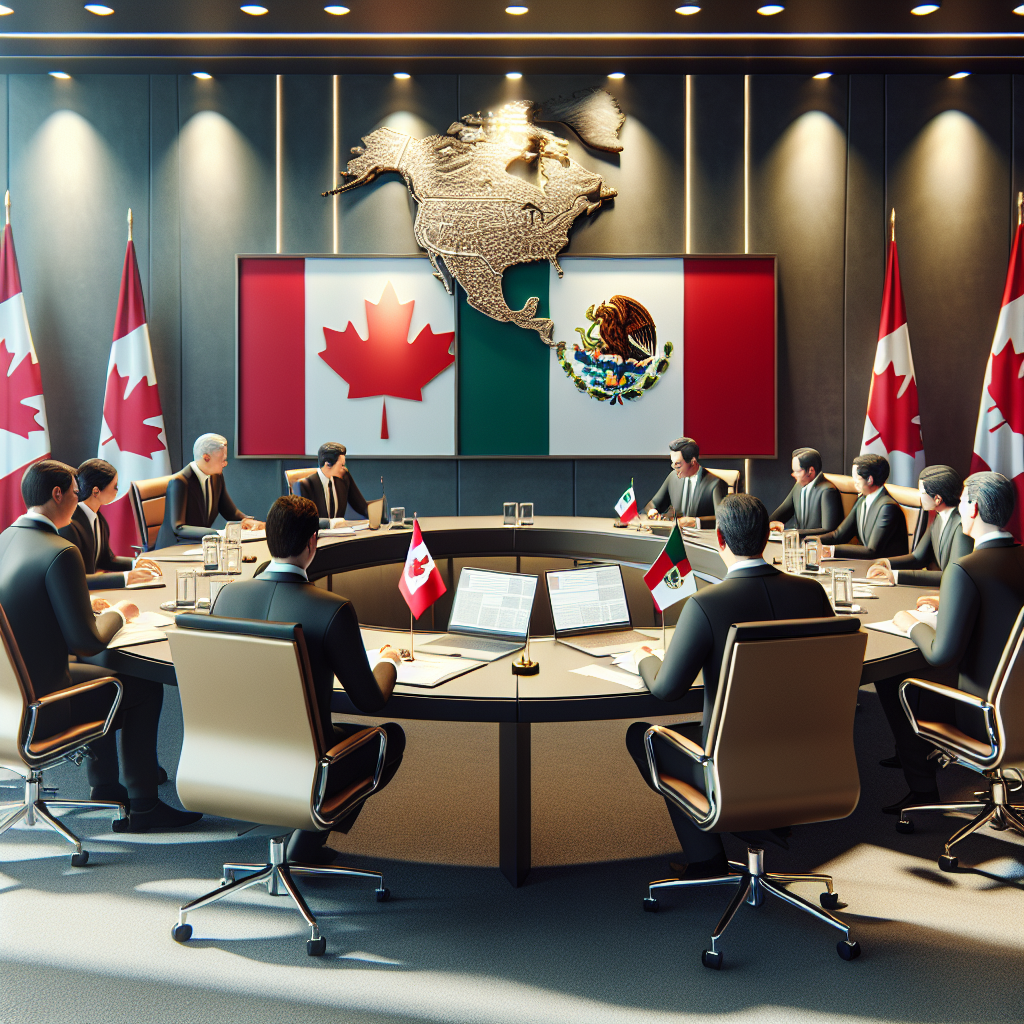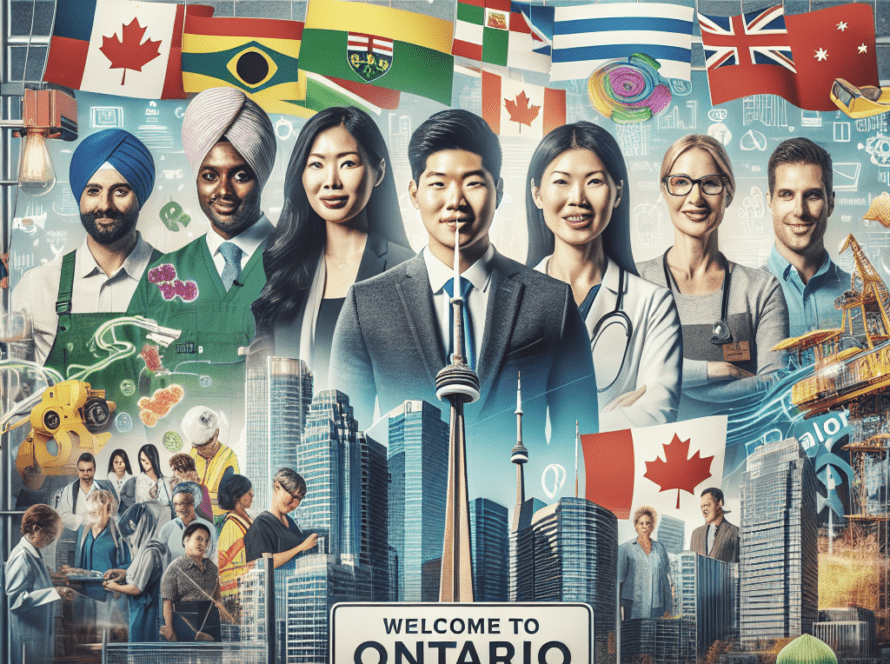Canada-Mexico Disputes Spark New Immigration Reform Possibilities

Reassessing Canada-Mexico Relations: A Call for a New Immigration Framework
In early 2024, Canada’s decision to reinstate visa requirements for Mexican travelers has reignited tensions between the two North American neighbors, highlighting an intricate balance between openness and control in Canadian immigration policy. This move, which reversed an eight-year period of visa-free travel, has not only sparked diplomatic friction but also raised questions about the future of bilateral relations amidst growing economic ties.
The Root of the Controversy
The Canadian government justified the visa reinstatement by citing a surge in Mexican nationals entering the country as tourists and subsequently applying for refugee status, despite low acceptance rates. However, many in Mexico interpreted this decision as a political affront—a symbolic gesture that undermines trust, especially given the burgeoning economic relationship between the two nations. The reinstatement of visas, viewed through this lens, feels like a retreat at a time when cooperation is essential.
This development is not occurring in isolation. Behind the surface-level dispute lies a deeper issue: both Canada and Mexico have been preoccupied with their complex relationships with the United States. While they share common concerns regarding trade and democratic integrity, their bilateral relationship often suffers from neglect, leading to misunderstandings and missed opportunities.
A System in Need of Reform
Canada is currently facing significant labor shortages exacerbated by a construction boom, creating a pressing need for skilled workers. Unfortunately, without legal pathways for Mexican laborers, many resort to visiting as tourists and overstaying their visas, leading to a cycle of blame and frustration on both sides. This broken system not only complicates immigration but also hinders economic potential.
A Path to Collaboration
Amid these tensions lies an opportunity for Canada to rethink its immigration strategy. Instead of merely reinstating visas, Canada could pursue a structured bilateral migration agreement with Mexico that addresses both countries’ needs. Such a framework could include:
- Work Visa Quotas: Allowing a specific number of skilled Mexican workers to enter Canada would help alleviate labor shortages while reducing irregular migration.
- Fast-Track Pathways: Streamlining processes for temporary workers would provide stability for both employers and employees.
- Joint Oversight: Collaborative efforts to monitor immigration patterns could build trust and ensure shared responsibility.
- Educational Exchange Programs: Investing in educational initiatives could strengthen long-term ties between the two nations.
Seizing the Moment at the G7 Summit
While the forthcoming G7 summit may not be the ideal venue for negotiating immigration policies, it is a critical opportunity for dialogue. With both Canada and Mexico facing uncertainties due to their ties with the U.S., a renewed focus on their bilateral relationship could foster stability and mutual benefit. Engaging in face-to-face discussions outside the pressures of global summits could pave the way for significant reforms in immigration policy, starting with the issues that currently divide them.
Towards a Strategic Partnership
Canada’s immigration strategy is at a pivotal juncture. The recent visa dispute, while unfortunate, could catalyze much-needed reforms that promote a more cooperative and strategic migration framework. By recognizing the shared interests and rising labor demands of both nations, Canada and Mexico can transform immigration from a point of contention into a foundation for a robust partnership.
The path ahead will require careful navigation and a willingness to rebuild trust, but the potential rewards—a stronger, more interconnected North America—are well worth the effort.



